According to a new report by Bloomberg, Unisys will "provide maintenance and other services to companies and government agencies that purchase Apple devices."
Unisys, similar to its competitor IBM, has morphed from being a mainframe hardware vendor in the 1980s into a provider of information technology services today. Its clients include large corporations, branches of the US military; the FAA, TSA and numerous airports; the US General Services Administration, Department of Homeland Security and the IRS.
Gene Zapfel, a managing partner at Unisys, said in an interview with Bloomberg that the deal was a first for Apple, and noted that the contract was signed this month. Zapfel did not disclose any of the contract's terms.
“Most of those organizations are still pretty heavily [Windows] PC-based,†Zapfel said. “Apple is going to crack the nut and clients are going to start buying a lot more.â€
An iOS "halo" for Macs in the the enterprise
Commenting on the deal, Brian Marshall, an analyst at Gleacher & Co. in San Francisco, said, "Apple will get adoption of more Mac clients in the enterprise because of the iPhone," comparing the "halo effect" of Apple’s iPod in attracting consumers to the company's Macintosh platform.
Apple executives have noted the interest in its iPhone and iPad devices by corporations in the company's recent earning reports, describing that the iPhone is being actively deployed or studied by 80 percent of the Fortune 500, and that the iPad is similarly on the radar of 65 percent of the Fortune 100.
"We haven't pushed it [the iPad] real hard in business, and it's being grabbed out of our hands," chief executive Steve Jobs said in the company's recent Q4 2010 earnings call.
This suggests a huge upside for Apple if it can figure out how to reach these customers effectively. Jobs has noted before that his company's recent success has come largely from targeting mass market consumers, who are much easier to reach than enterprise or government users, in large part because major buying decisions in companies are often made by a few "gatekeeper" individuals.
There's an app for that
Unisys has already been actively developing iPhone applications for government users, including an app currently being used by U.S. Department of Homeland Security border patrol agents, Zapfel said in the interview. The app "lets managers check the status of border-crossing technology, such as cameras from their iPhones," the report noted.
The new contract between Apple and Unisys will result in additional iOS apps for other government agencies, Zapfel said. A key aspect to landing the deal with Apple "was figuring out how to secure information sent over the iPhone," Zapfel said.
“There are all sorts of layers you have to put into it to make sure nobody can tap into it,†Zapfel said. “We’ve put a lot of heavyweight engineering into securing the device, which, frankly, no one else has figured out yet.â€
The US Army has been using iPhones with customized applications since at least 2008, and armed forces in the UK have also started deploying iOS devices for training purposes.
 Daniel Eran Dilger
Daniel Eran Dilger
-m.jpg)





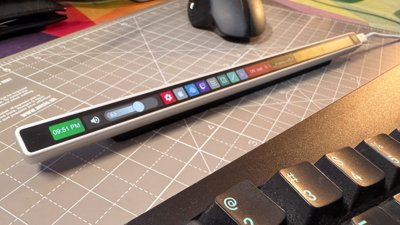
 Malcolm Owen
Malcolm Owen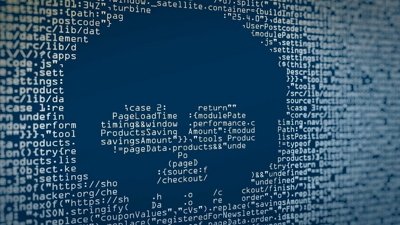
 Charles Martin
Charles Martin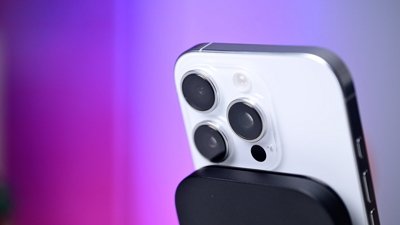
 Andrew O'Hara
Andrew O'Hara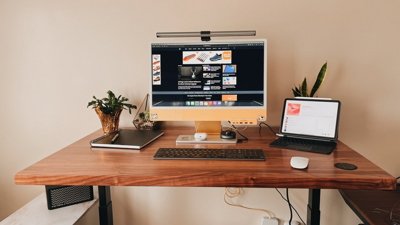
 Amber Neely
Amber Neely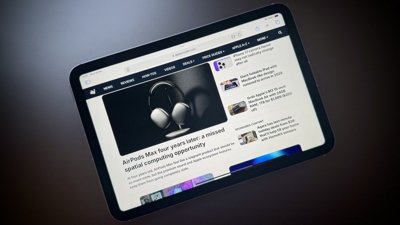
 Oliver Haslam
Oliver Haslam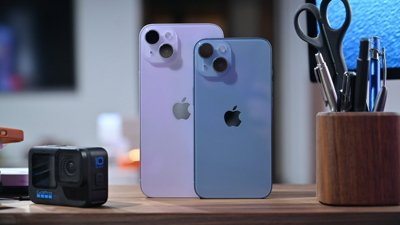
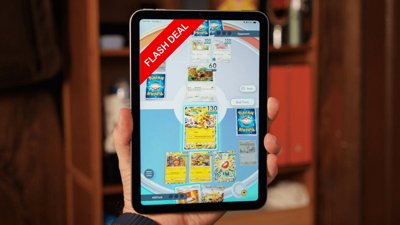
 Christine McKee
Christine McKee

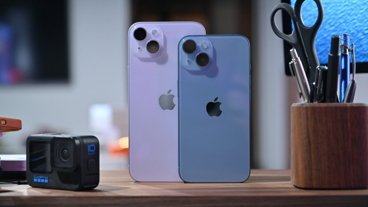





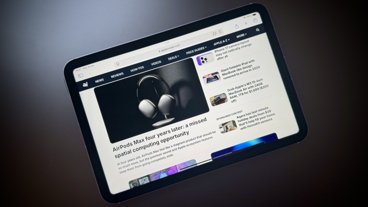


61 Comments
?There are all sorts of layers you have to put into it to make sure nobody can tap into it,? Zapfel said. ?We?ve put a lot of heavyweight engineering into securing the device, which, frankly, no one else has figured out yet.?
The US Army has been using iPhones with customized applications since at least 2008, and armed forces in the UK have also started deploying iOS devices for training purposes.
And the President still uses a BB. Come on Obama, get with the program.
It's about time. Apple has of late been hiring more people in its corporate sales and support area. I thought that was interesting, as more enterprise clients have been moving, in a small way to the Mac, iPhone, etc. But now it may be seen as a prelude to this deal, which seems to have been in place for at least a month.
Unisys is pretty big in this area, second behind IBM. Hp is third, but moving up fast. Dell is just beginning.
I think Apple has a good chance here. It will be interesting to see if this brings any changes, or additions to the product line.
Unisys?! They're still around?
I recall when they were a huge, massively successful computing company 1980s, then struggled but made it back in the 1990s, then basically were all but wiped out in the 2000s; if I recall right, they did a reverse split a couple of years ago, since the stock was in the territory of being delisted. It's amazing how corporate fortunes can transform radically in less than a generation.
This story proves the prediction in the data center thread! OS X will be Skynet!!! *puts on tin foil hat*
Check them out, they're pretty big. In the early '90's I thought they were going away too, but they did a remarkable turnaround.
http://www.unisys.com/unisys/